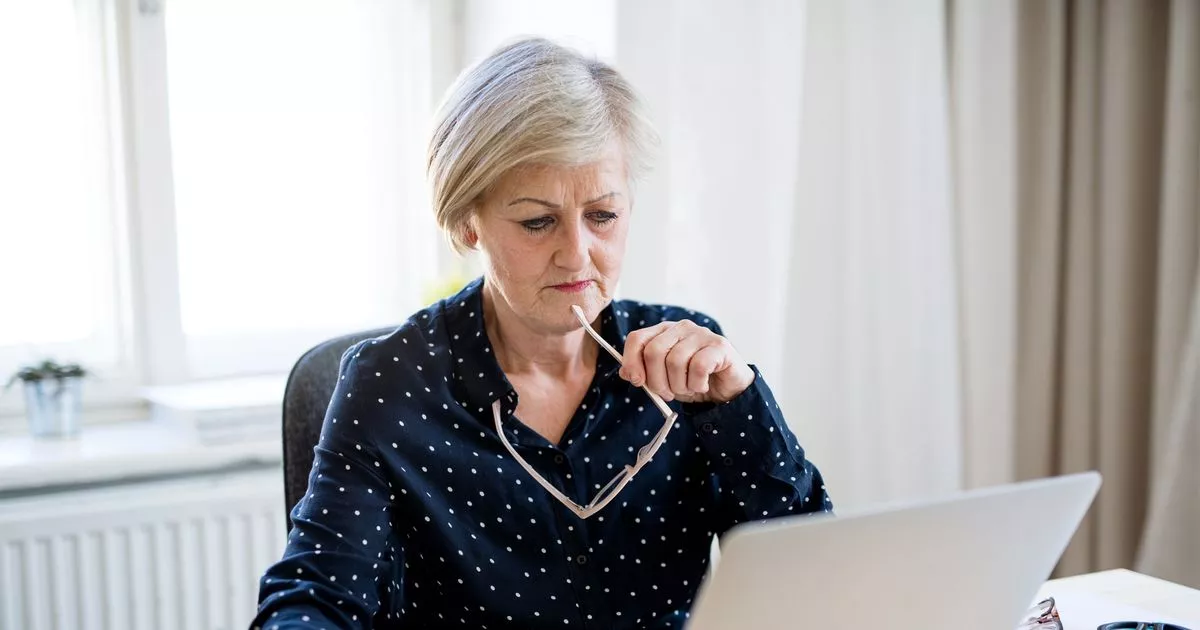Historic changes to the state pension mean age groups receive payments in different ways Two pension rates are paid to different age groups.(Image: Getty Images)
Two pension rates are paid to different age groups.(Image: Getty Images)
The state pension rate is rising from April 6 but older pensioners will get ‘less’ in their regular payments from the DWP than younger retirees.
That’s because of historic changes to the pension system which means age groups are paid in different ways.
Those who retired after 2016 are on the new full state pension and will get £920 a year.
READ MORE: Keir Starmer makes state pension triple lock statement
Get our best money saving tips and hacks by signing up to our newsletter
But there’s also the basic state pension paid to men born before April 1951 and women before April 1953.
This is worth £705, with weekly payments being lower.
But there’s a reason for this and does not necessarily mean they will end up with less, although some might.
Older pensioners may get other top-ups such as the additional state pension, which automatically increases how much they receive, or more money based on their National Insurance contributions.
So while the weekly state pension payments will be lower for older pensioners, they will likely get other payments on top to boost their incomes.
The changes were introduced in 2016 in a bid to “simplify” the state pension – but the separate pension rates could easily spark confusion.
Gradually, everyone who retires over future years will be moved onto the new state pension.
Ministers have claimed the headline figures for both pensions – presented by the Government – have created a “misunderstanding” over how much both age groups actually receive.
Get all the latest motoring news sent to your inbox by signing up to our new newsletter here
They say, on average, there isn’t much difference, but that women on the new pension get slightly more.
Former pensions minister Steve Webb told the Guardian last year: “The average man gets slightly less under the new system, and the average woman somewhat more – which was part of the point of the reforms.”
